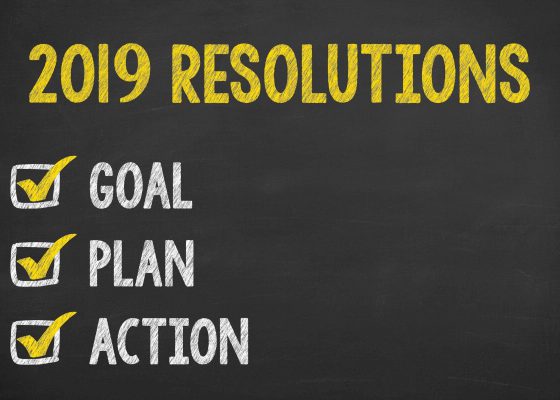Bidding and tendering for work
businessdoctorsadmin
31-07-18
Bidding and tendering
There will always be an element of competitive tendering taking place if you do not have a monopoly on your product or service. The comparison of quotes can be done easily for a product, however, for more complex transactions or where relationships and service are important then a bidding process is often used.
The bidding process breaks down into four parts:
- Finding bids to take part in
- Qualifying to bid
- Selection as the preferred bidder
- Concluding the deal and signing the contract.
1. Finding bids to take part in.
Even though someone is giving you the opportunity to bid, you should check that it fits with your business strategy, they are a suitable client and that the competition is worth taking part in. On LinkedIn recently, someone asked for electrical contractors to bid the electrical installation for 250 flats. Several contractors had responded, Send me the drawings, I’ll give you a price. If all the offers were taken up and everyone who said they would respond did, the bidding contractors had less than a 1:20 chance of securing. The chances are they were being used as a check price to the contractors pet electrician. Responding to offers like this are a complete waste of time and money. So, only bid tenders you have qualified and have a probability of winning at the strike rate you can afford.
If your business strategy is to bid public sector work you commence with an Expression of Interest. (EOI). You start by registering on the Government portal https://www.gov.uk/contracts-finder. Once registered you will be notified when contracts are available to bid which meet the criteria you specified. When you see one which is suitable to bid, you register your interest, by completing the Expression of Interest. Having returned the EOI you will be notified as to when the Pre-Qualification Questionnaire will be available. (PQQ)
2. Qualifying to bid
Having decided you are going to bid, the next step is to complete the PQQ. By doing this you demonstrate to the client that your business is a suitable business to carry out the work. This questionnaire is purely to select the most suitable businesses to bid. The selected businesses will then be bidding against their peers. This removes the under qualified businesses. If you meet the PQQ requirements and score above the cut off number of bidders, you will then receive an Invite to Tender, (ITT).
With private businesses, they can have preferred lists of contractors to save them keep having to check who is bidding for them. Getting on to a Preferred Supplier List, (PSL) requires you to have met stringent criteria to be eligible to bid.
3. Selection as the preferred bidder.
Securing a place on the Invitation to Tender (ITT) is a major step as you have made the effort to get this far and the client has shown they are happy for you to be involved. As the EOI will describe how many companies will be asked to bid, you already know the probability of winning, which may be as low as 1:3. The ITT is where you complete the answer to the questions from the ITT which provides marks for the evaluator to determine who to award the contract to. Just like when you did exams, read the questions and answer them accurately and fully. Look at the scoring criteria to gain maximum marks.
The selection scores have no part in this. Your scoring starts from zero for the award. A weighting of questions can mean there can be a bias towards what the client considers most important. So, price may not have much weighting, if quality is more important to the client. The submission of the ITT concludes the bid. The bidder with the highest score will deemed at the preferred bidder.
4. Concluding the deal
Assuming you are selected as the preferred bidder then the next stage is to formalise the contract. Formalising the contract is a negotiation and is likely to involve commercial decisions. The sales and marketing team will have promoted your brand in the earlier parts of the process, the stronger the brand is, the easier the negotiators role will be.
If you would like more information about our services, get in touch. Or, you can find your local Business Doctor here.
Uncategorized

Uncategorized
November 19, 2019Business Confidence – up or down?
The Institute of Chartered Accountants in England & Wales (ICAEW) publish a quarterly UK Business Confidence Monitor and Q4 2019...

Uncategorized
March 27, 2019Have you Found your Core Purpose?
Find Your Purpose Your Core Purpose should come from a mix of what you love, what you are good at,...

Uncategorized
December 11, 2018Three Business Resolutions for the New Year
Three resolutions that you can make to improve your business in the New Year by Planning, Formalising, and Reviewing all...




